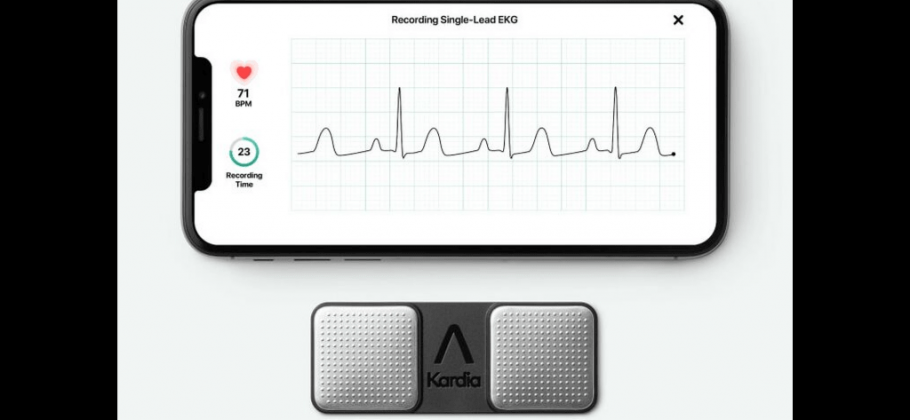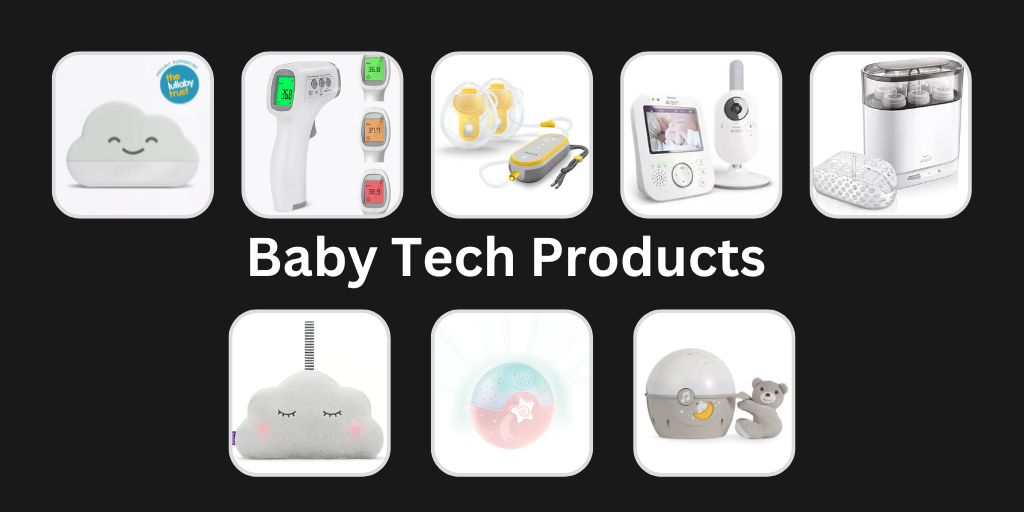Healthcare professionals across Bedfordshire will soon be using a new mobile heart monitor to help detect a condition that is often a risk factor for stroke.
Commissioned by Bedfordshire Clinical Commissioning Group (BCCG), AliveCor heart monitors can take quick ECG (Electrocardiogram) readings that measure the electrical activity of the heart. The monitor can identify a number of heart rate abnormalities including atrial fibrillation (AF), which is an irregular heart rhythm associated with people at greater risk from suffering a stroke. In the BCCG region over 7,600 people have AF, with another 3,600 people estimated to be living with the condition undiagnosed.*
Dr Linus Onah, BCCG clinical lead, said: “Many people in our region could be unaware they have irregular heart rhythms and are at risk of having a stroke. These mobile ECG devices are easy-to-use, require no gels or wires and can check your heart rhythm in less than a minute. They will play an important role in the early detection of atrial fibrillation, helping to prevent stroke and save lives.”
All the patient has to do is place their index and middle fingers of each hand on portable finger plates and in just 30 seconds an ECG reading is transmitted wirelessly to the AliveCor app on an iPad.
Eastern Academic Health Science Network – a regional centre developing innovative solutions to improve patient care – conducted a pilot study of the mobile heart monitors in Bedford and found that for every 25 patients who receive treatment after being detected with AF, one stroke event over a period of 18 months is avoided.
GPs, nurses and healthcare assistants will use the AliveCor fingerplates during consultations with patients attending chronic disease reviews (e.g. COPD and diabetes) or as part of an NHS health check. The digital diagnostic device is fully portable so healthcare professionals can easily take it on home visits or to care homes.
Stroke is the fourth biggest killer in the UK and occurs when the blood supply to part of the brain is cut off. According to the most recent statistics available from the Stroke Association, almost 38,000 people died of a stroke in 2016.
*PHE National Cardiovascular Intelligence Network










